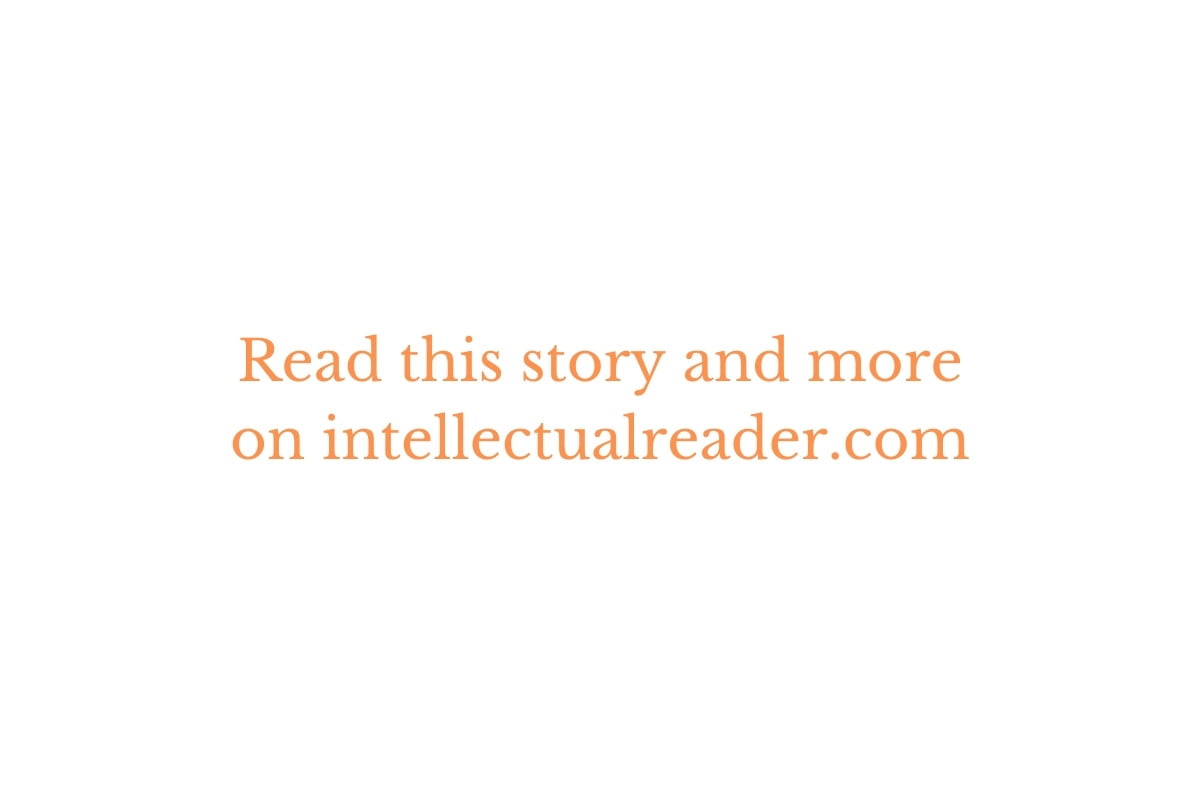Literature has many facets. We know only some of them. However, many of these facets of literature are behind the curtains of context. Context is an essential aspect of literature. Many times we ignore the context in literature for apparent reasons. We are essentially the followers of the traditional school of criticism that believes in close reading of a literary text. We value the context, but that is not above the text itself. T. S. Eliot and F. R. Leavis were the leaders of this school. Later, I A Richards helped close reading flourish.
After the dawn of formalism, structuralism and deconstruction, the traditional approach to literature suffered many setbacks. However, it is still in practice. And I must say the technique of the close-reading method is beyond any other literary theory. It is like this because literature provides us entertainment or any other catharsis only in the form of text. We cannot attribute these essential values attached to the text to any other item, such as the context. Nevertheless, those who practise other literary theories like Structuralism and Deconstruction go beyond the text itself and look for loopholes and connections in the context or the subconscious of the characters in any literary work.
Before we can understand the importance of the contextual study of literature, we need to understand the core propositions that scholars (from various fields, including literature) offered. Russians and literary critics in Prague proposed the Formalism theory to the world. French philosophers perfected these ideas and offered the theory of Structuralism to the literary fraternity in the West. Saussure’s contribution, langue and parole, is also vital to the idea of Structuralism in literature.
With Derridean Deconstruction, everything changed. One thing that every critic or student of literature may notice with all these theories is that the methods are designed to take the readers away from the literary text itself. These theories are nothing like the traditional methods of literary criticism. The focus is not on the text but on the context or the subconscious implications of the text. How correct are these methods? How viable are these theories?
It is not surprising to see that the one theory or technique that’s very much in practice in the classrooms is still the close-reading method that traditionally approaches the text. All the importance remains with the text itself, and context and other items may come into play later (only if necessary). Adding more importance to context, rather than the text, might create unnecessary hurdles in interpreting a literary work.
For example, leaving aside the lyrical beauty and imagery that a poem offers, readers will be looking into the past of a poet or the annals of the history of a particular place that finds mention in a poem. Is it a good approach? You should decide.
As far as my opinion on this topic is concerned, I am totally for the textual analysis with necessary contextual intervention. I am not against any of the two. I am for a viable approach that utilised both methods.
This article is by Manish for Intellectual Reader.

